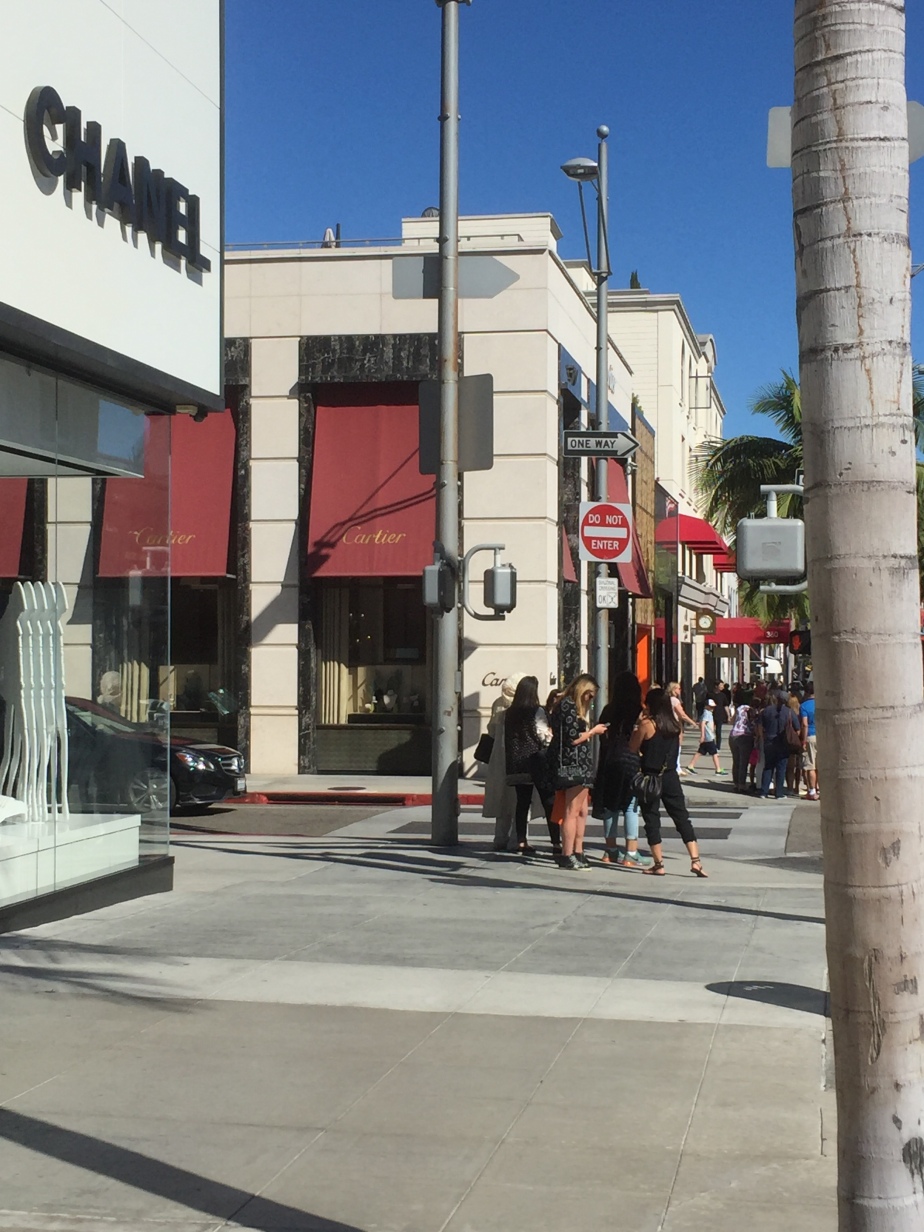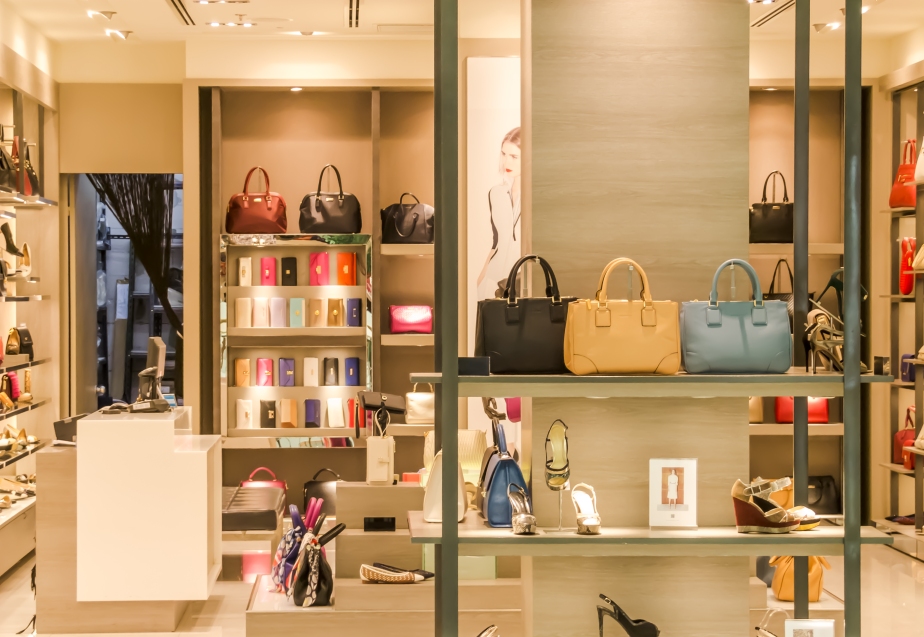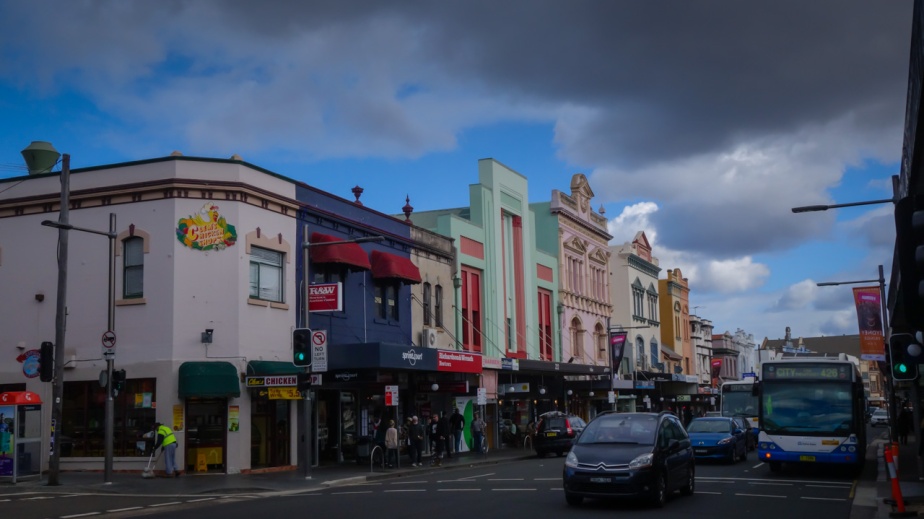Ethical Fashion is no longer a niche, but rather a common everyday practice that we should all be supporting and promoting. It is the lack of awareness that is really holding ethical fashion back, and this is what I have endeavored to do over the past few weeks. Ethical fashion doesn’t have to break the budget, it doesn’t have to be a second-hand item that was bought at the local markets, and most importantly it doesn’t have to lose its style and trendiness appeal. Ethical fashion is far more readily available than what you may have originally thought.
Fashion is a form of self-identity, we are our own blank canvas, and the clothes that we wear are a creation of our minds, an artwork on display for the rest of the world. Fashion is the story of not only ourselves but we are also providing support to the story of the individual who produced that clothing, and the processes involved in the production of the clothes that we wear. We as humans need to step away from the disconnected process that we undergo as shoppers in the fashion market, we need to stop and think and ultimately be more mindful as to where we are purchasing our clothes and the conditions in which those clothes are made.
The only way we can make a difference is to start asking those challenging questions, to start demanding that more information as to the history of the product, to educate ourselves and in turn others. So next time you walk into that department store, or trendy little boutique start asking questions, start raising awareness and educate yourself on the items of clothing that you wear.


